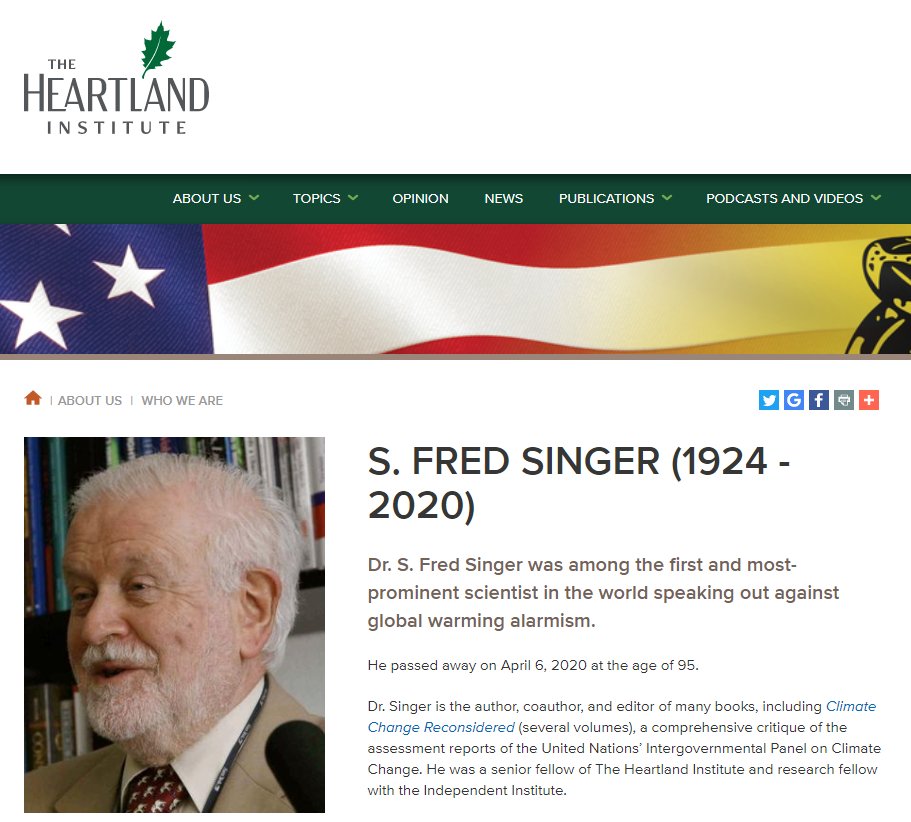
"It’s not just the economy, stupid."
Surveys show that Americans are paying attention to what’s going on with political tensions in Ukraine — more than they would have about past foreign affairs issues.
ft.com/content/f6d53c…
Surveys show that Americans are paying attention to what’s going on with political tensions in Ukraine — more than they would have about past foreign affairs issues.
ft.com/content/f6d53c…
The current crisis dovetails with the issue of inflation, but it is also a reminder that we are now in a post-American world, where the US no longer calls all the shots and there are new regional powers including China that are shaping global economics and markets in new ways.
It’s important to start to grapple with all this honestly. Take supply-chain disruptions: many experts predict they’ll abate by the end of the year, and that may be true in the short term. But in reality, supply chains are only at the beginning of a long-term, fundamental change.
This shift is for all sorts of reasons. One is politics — witness China becoming a more inwardly focused “dual circulation” economy as well as its growing use of supply chains as political leverage in places like Lithuania and Germany.
Another is a result of shifts in wage & energy arbitrage — there’s no point shipping low-margin products all over the world. A third is the push for higher environmental, social & governance standards.
All point to the idea that regionalisation, not globalisation, is the future.
All point to the idea that regionalisation, not globalisation, is the future.
• • •
Missing some Tweet in this thread? You can try to
force a refresh














